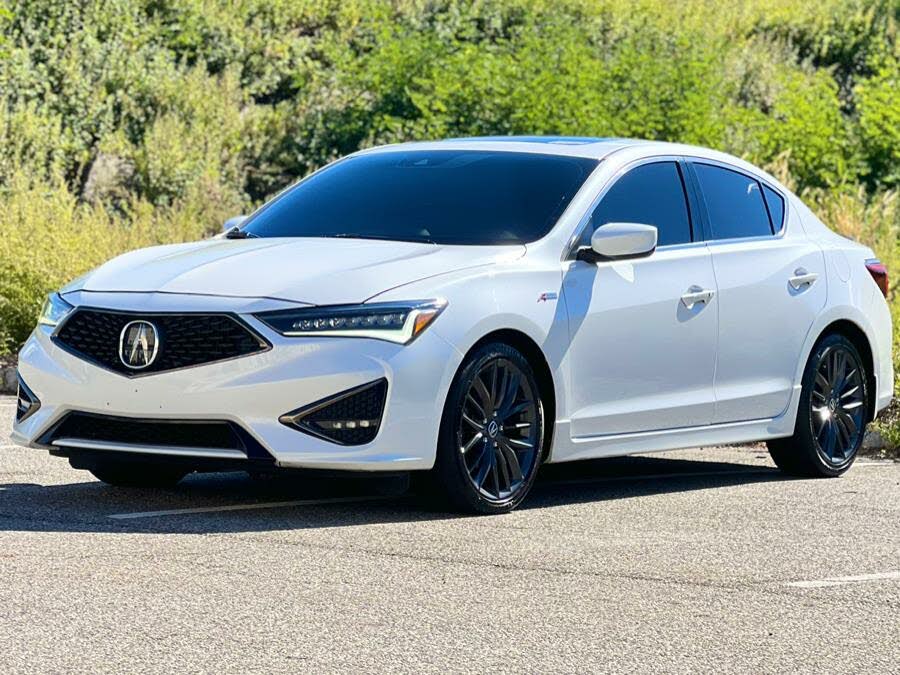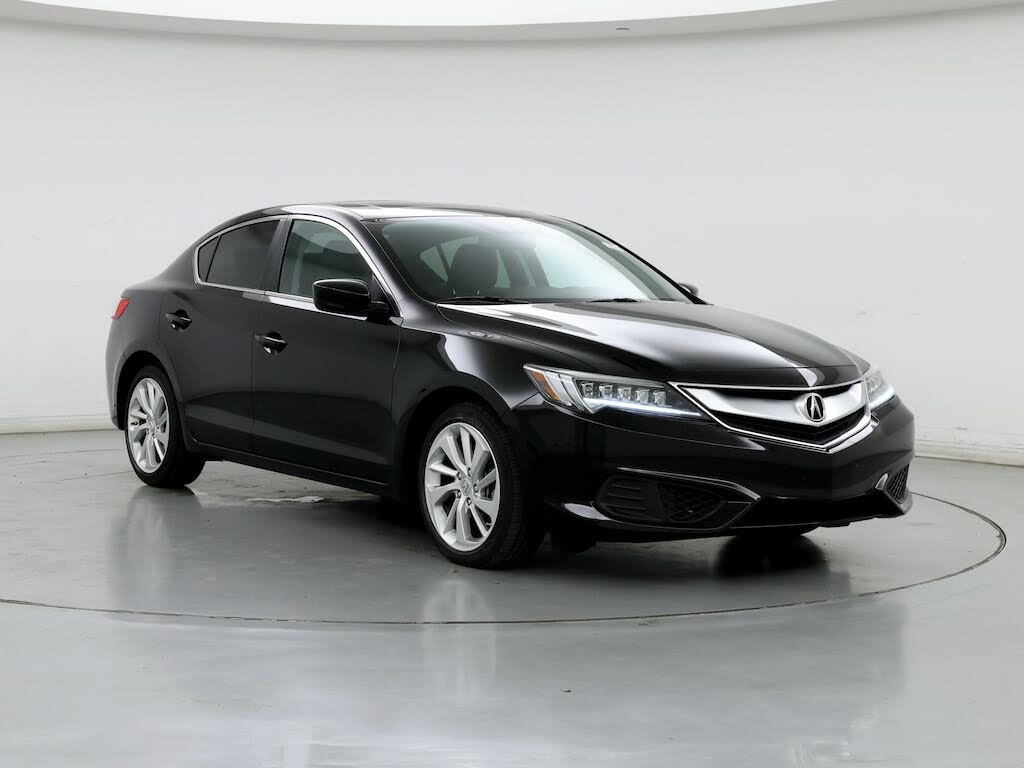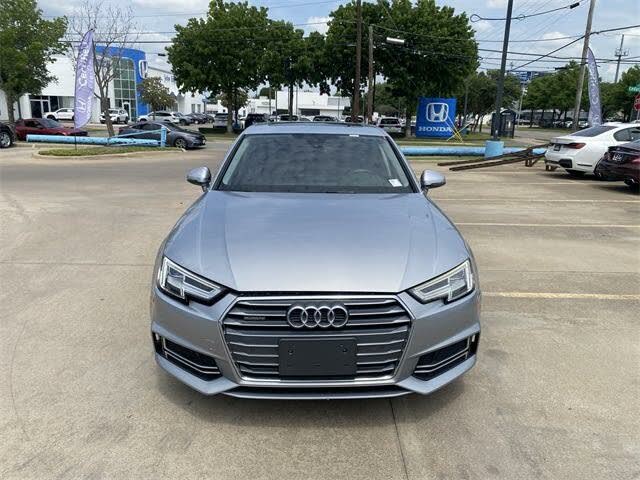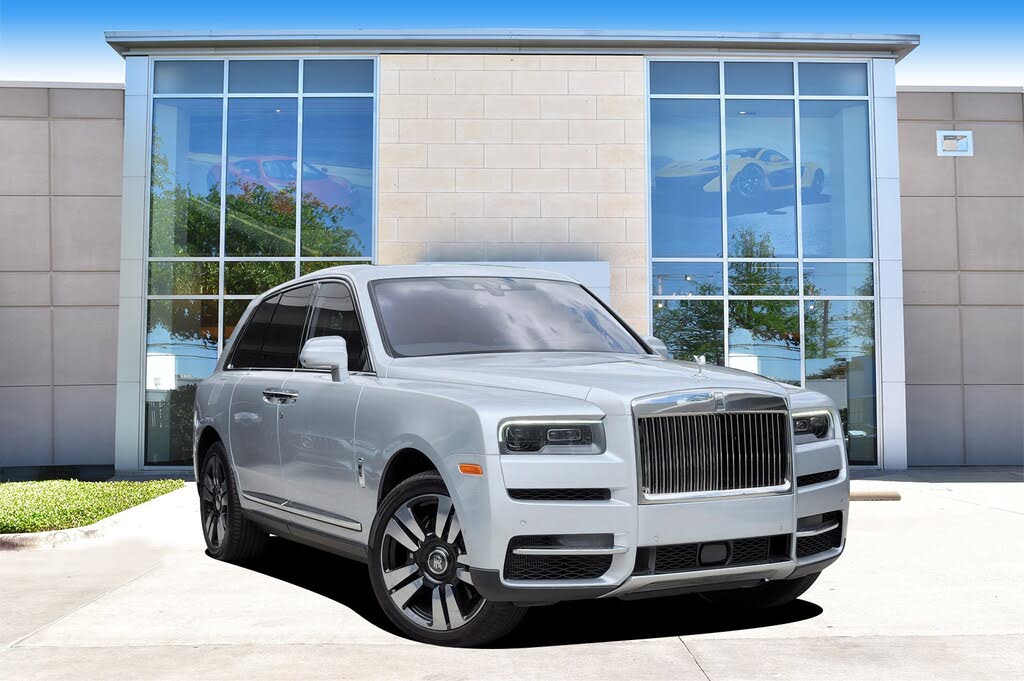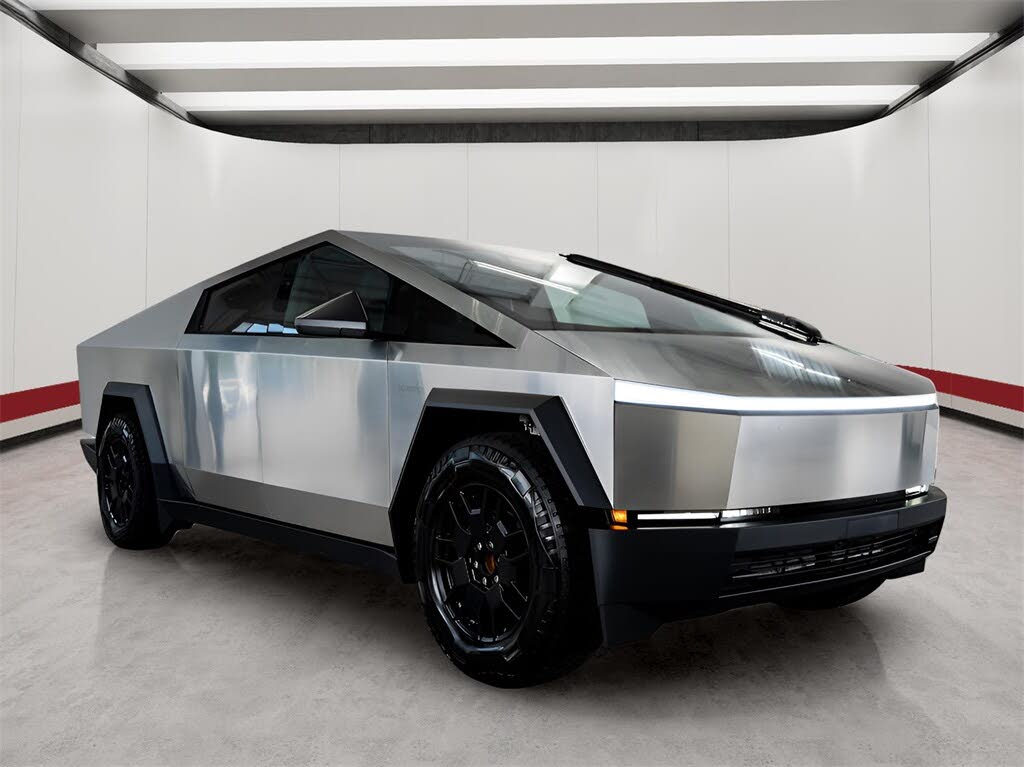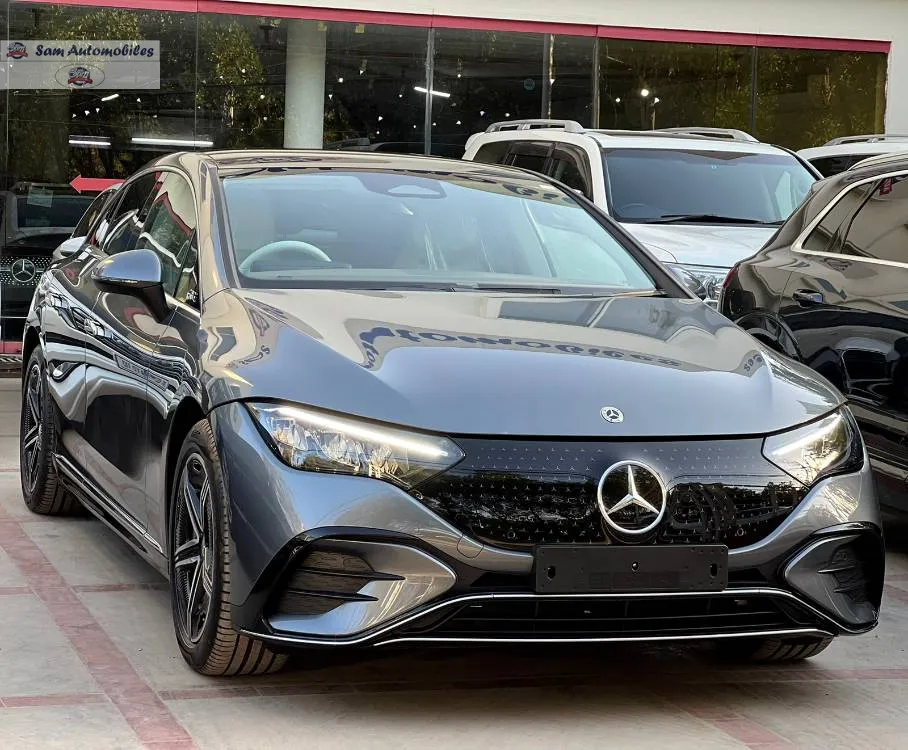Home > News & Blogs > Hydrogen Fuel Cell Vehicles: A Game-Changer or Just a Trend?
Hydrogen Fuel Cell Vehicles: A Game-Changer or Just a Trend?
Hydrogen Fuel Cell Vehicles: The Future or a Fad?
As the world shifts toward sustainable transportation, hydrogen fuel cell vehicles (FCVs) are emerging as a potential game-changer. But are they the future of clean energy or just a passing trend? Let’s dive in.
What Are Hydrogen Fuel Cell Vehicles?
Hydrogen fuel cell vehicles, or FCVs, are electric vehicles that generate power using hydrogen fuel cells instead of relying solely on battery storage. Unlike traditional electric vehicles (EVs), which require charging from an external power source, FCVs use compressed hydrogen gas as fuel. This hydrogen reacts with oxygen in the fuel cell to produce electricity, powering the vehicle’s electric motor. The only byproducts of this process are water vapor and heat, making FCVs a zero-emission alternative to gasoline-powered cars.
Interestingly, hydrogen fuel cell technology isn’t new. NASA has been using hydrogen fuel cells to power space shuttles since the 1960s, with astronauts even drinking the water produced as a byproduct. Today, this technology is being adapted for consumer vehicles, promising a cleaner and more sustainable future for transportation.
How Do Hydrogen Fuel Cell Vehicles Work?
FCVs operate through a series of chemical reactions within the fuel cell stack. Here’s a simplified breakdown:
- Hydrogen Storage: Compressed hydrogen gas is stored in high-pressure tanks within the vehicle.
- Fuel Cell Stack: Hydrogen from the tanks is fed into the fuel cell stack, where it reacts with oxygen from the air.
- Electricity Generation: This reaction produces electricity, which powers the vehicle’s electric motor.
- Byproducts: The only emissions are water vapor and heat, making FCVs environmentally friendly.
This process eliminates the need for lengthy charging times, as refueling a hydrogen vehicle takes just a few minutes, similar to filling up a gasoline car.
--TOP ADVERTISEMENT HERE--
Current Hydrogen Fuel Cell Vehicles on the Market
While hydrogen fuel cell vehicles are still in their early stages, several automakers have introduced models that showcase the potential of this technology. Here are some of the most notable FCVs available today:
Toyota Mirai
The Toyota Mirai, whose name means “future” in Japanese, is one of the first commercially available hydrogen fuel cell vehicles. With an estimated range of 312 miles and a $15,000 complimentary fuel incentive, the Mirai is a compelling option for eco-conscious drivers.
Honda Clarity Fuel Cell
The Honda Clarity Fuel Cell stands out for its eco-friendly interior, which is made up of 80% sustainable materials. Offering an impressive range of 366 miles and a similar $15,000 fuel incentive, the Clarity is a strong contender in the FCV market.
Hyundai Nexo
Hyundai’s Nexo represents the next generation of hydrogen fuel cell vehicles. With a range of 370 miles and advanced features like autonomous driving capabilities, the Nexo is a significant upgrade over its predecessor, the Tucson Fuel Cell.
Other major automakers, including Mercedes-Benz, BMW, and General Motors, are also developing hydrogen fuel cell vehicles, with some expected to hit the market in the coming years.
--FIRST CONTENT ADVERTISEMENT HERE--
Benefits of Hydrogen Fuel Cell Vehicles
Hydrogen fuel cell vehicles offer several advantages over traditional gasoline and battery-powered electric vehicles:
- Zero Emissions: FCVs produce only water vapor and heat, making them one of the cleanest transportation options available.
- Fast Refueling: Refueling a hydrogen vehicle takes just 3-5 minutes, compared to the hours required to charge a battery-powered EV.
- Long Range: Many FCVs offer ranges comparable to gasoline vehicles, with some models exceeding 350 miles on a single tank.
- Abundant Fuel Source: Hydrogen is the most abundant element in the universe, offering a virtually limitless fuel supply.
-
Challenges and Limitations of Hydrogen Fuel Cell Vehicles
Despite their potential, hydrogen fuel cell vehicles face several challenges that could hinder widespread adoption:
- Limited Infrastructure: Hydrogen refueling stations are currently scarce, with most located in California. This limits the practicality of FCVs for drivers outside this region.
- Hydrogen Production: While FCVs themselves are emission-free, most hydrogen is currently produced from natural gas, a fossil fuel. This raises concerns about the overall environmental impact.
- High Costs: The production and storage of hydrogen are expensive, making FCVs more costly than both gasoline and battery-powered electric vehicles.
- Energy Efficiency: FCVs are less energy-efficient than battery-powered EVs, with the most efficient FCV achieving an MPGe of 68, compared to over 130 for the most efficient EV.
- --SECOND CONTENT ADVERTISEMENT HERE--
Hydrogen Fuel Cell Vehicles vs. Battery-Powered Electric Vehicles
The debate between hydrogen fuel cell vehicles and battery-powered electric vehicles (EVs) often centers on convenience, efficiency, and environmental impact. Here’s a comparison:
- Refueling Time: FCVs can be refueled in minutes, while EVs require hours to charge, even with fast chargers.
- Range: FCVs generally offer longer ranges than EVs, making them more suitable for long-distance travel.
- Infrastructure: EVs have a significant advantage in terms of charging infrastructure, with charging stations widely available across the country.
- Environmental Impact: While both FCVs and EVs produce zero emissions during operation, the production of hydrogen and electricity can have varying environmental impacts depending on the energy sources used.
-
The Road Ahead for Hydrogen Fuel Cell Vehicles
Hydrogen fuel cell vehicles hold immense promise as a clean and sustainable transportation solution. However, their success will depend on several factors:
- Infrastructure Development: Expanding the network of hydrogen refueling stations is crucial for making FCVs a viable option for more drivers.
- Technological Advancements: Improvements in hydrogen production, storage, and fuel cell efficiency could reduce costs and enhance performance.
- Government Support: Policies and incentives that promote hydrogen infrastructure and adoption will play a key role in the growth of FCVs.
- Consumer Awareness: Educating consumers about the benefits and limitations of FCVs will be essential for driving demand.
For now, hydrogen fuel cell vehicles remain a niche option, primarily available in California. However, as technology advances and infrastructure expands, FCVs could become a significant player in the clean energy transportation landscape.
--THIRD CONTENT ADVERTISEMENT HERE--

motorvero013
Last Updated On Apr, 02-2025


